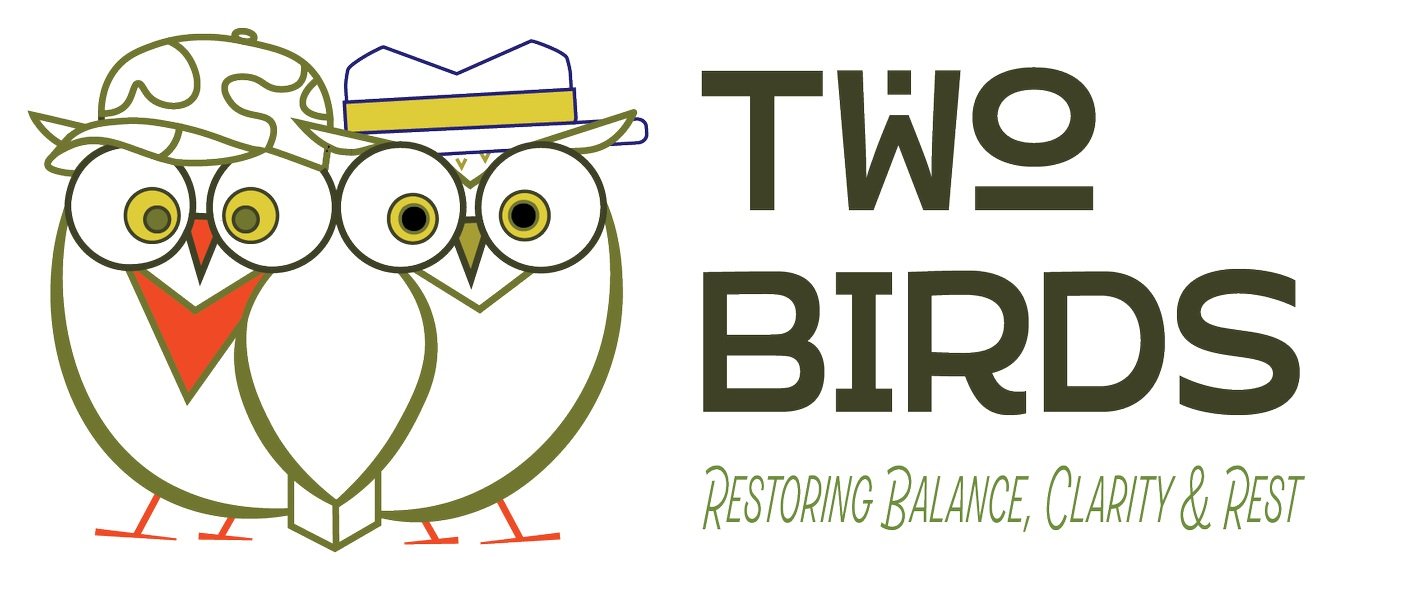Slow Hiking for a Fast Mind
I used to hike as if I was in a gym, focused on getting exercise, while enjoying a view. I did get the benefits of a workout but was moving way too fast to connect with nature. To me, “connecting with nature” means that I’m using all of my senses to explore, engaging my curiosity, and taking the time to investigate what I discover. My slow hiking journey began only 10 years ago with bird watching. Trying to see wildlife just doesn’t happen if you’re speeding down the trail or constantly talking.
What are your goals when you go hiking? If slowing down your mind is important, focusing on a specific topic like birdwatching may help to leave your worries behind. Maybe you want to learn more about the outdoor world. For instance, I’ve always wanted to learn about foraging and assumed I needed an expert to teach me, especially when it came to mushrooms. That opportunity never appeared. During the pandemic, I bought identification guide books, followed good Facebooks groups like “Indiana Mushrooms,” used apps, asked questions, and read accurate online info. I started using that new knowledge on hikes as I came upon new plants and fungi. I also found that the more I learned and observed, the more I began to understand how everything in nature (and the human-made world) is connected and humans are another part of the whole picture. There is a spiritual component to being in nature for many people.
How does this play out on a nature walk? How do you experience more wildlife, plants, and fungi?
Walk intentionally like a hunter, slowly, quietly, and scanning in all directions. Another physical benefit: avoiding stepping on sticks (snap!) requires practicing your balance.
Just like our pets enjoy looking out a glass door, pay attention to small movements and try to follow them. Binoculars are helpful but not necessary.
Listen to all sounds and follow up. For example, any time several Blue Jays are making a fuss, take time to see what is upsetting them. You may see that they are chasing a predator such as a hawk or owl.
Notice any smells. Did you just pass a flowering shrub? Does the air suddenly smell like mushrooms? Investigate.
With growing confidence in your identification skills, you may even taste plants to learn more. The flavors of wild grape or rosehips vary with their environment and I’m still learning where the tastiest ones grow and when to pick them.
Hopefully now you can start to imagine the mental, physical, emotional, and spiritual health benefits to slow hiking. You can focus on something besides the noise in your head; get a calming benefit from slowing your heart and breathing; and make a valuable connection with the healthy natural world outside your everyday life.
